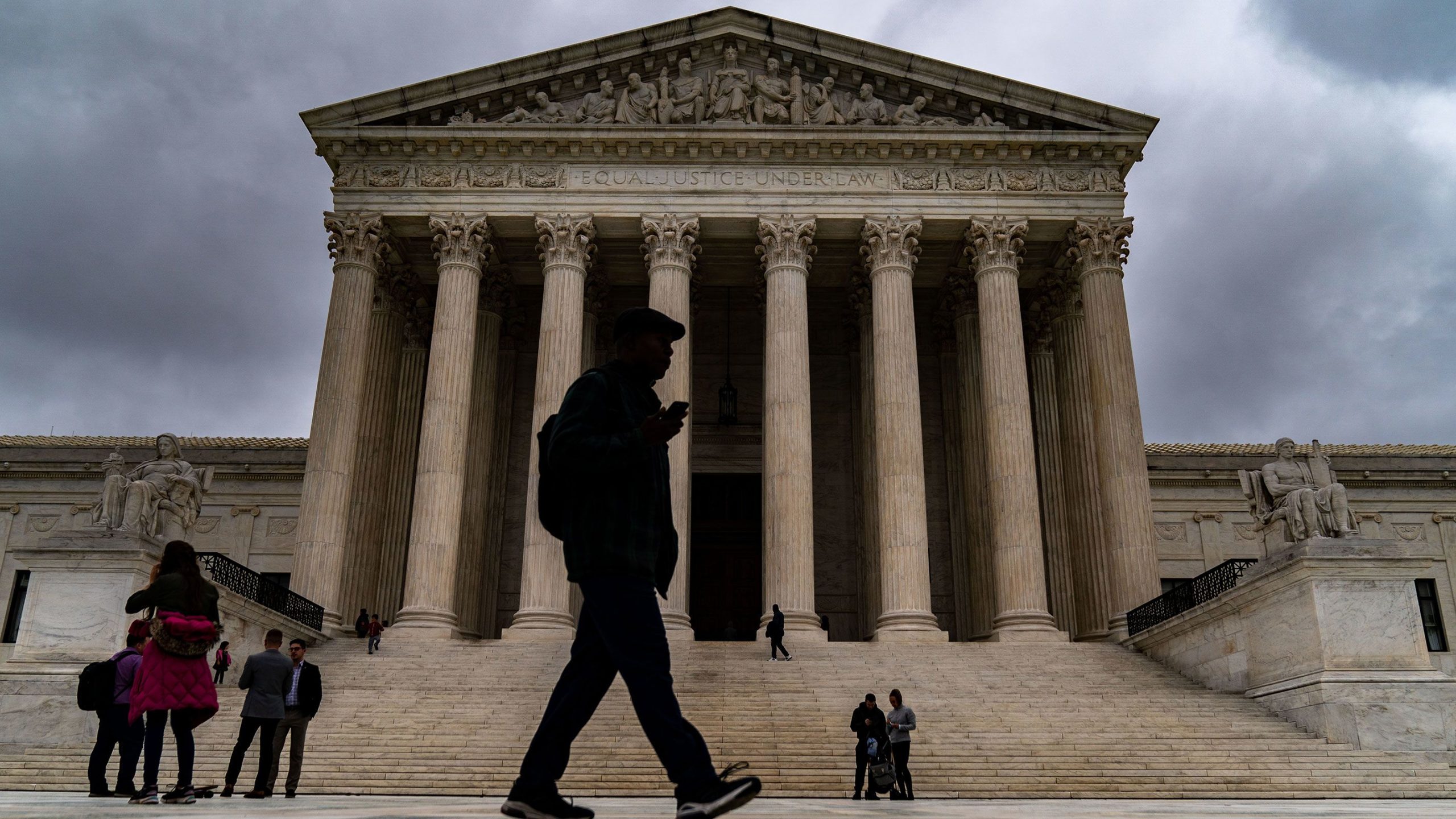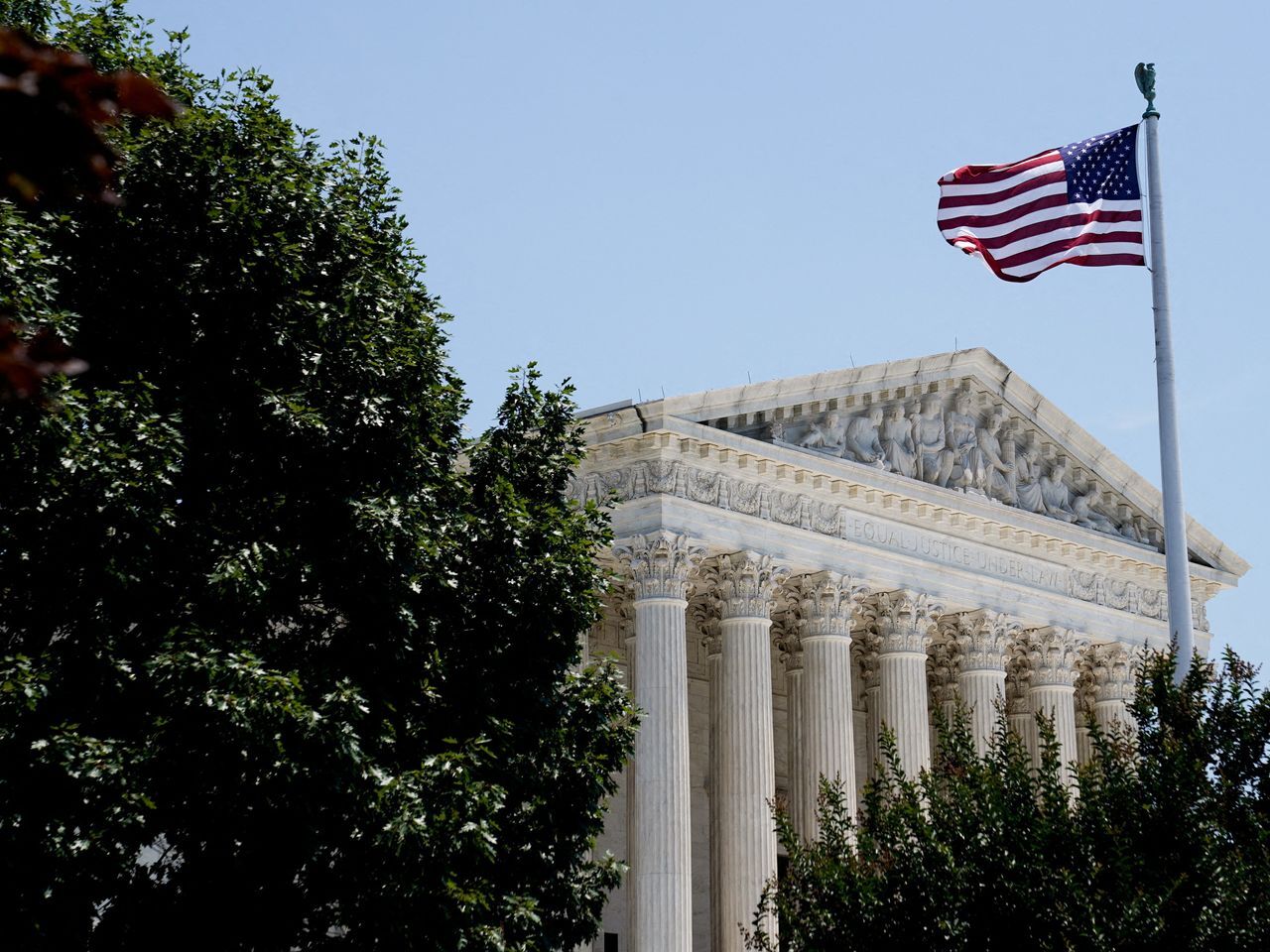The Supreme Court recently took action on two significant cases involving laws from Florida and Texas designed to restrict how social media platforms moderate content.
These laws, passed in 2021 amidst conservative concerns about perceived censorship, were challenged on grounds that they violated the First Amendment rights of social media companies. The Court’s decision, penned by Justice Elena Kagan, emphasized that lower courts had failed to adequately assess whether these laws constituted a constitutional overreach.
Both laws were crafted in response to allegations from conservatives that platforms like Facebook and X (formerly Twitter) were unfairly censoring conservative viewpoints. These concerns were amplified after the suspension of former President Donald Trump’s social media accounts following the January 6th Capitol attack.
The Florida and Texas laws aimed to prevent platforms from removing certain political posts or accounts, raising fundamental questions about the rights of social media companies to moderate content related to hate speech, election misinformation, and spam.

Supreme Court Directs Reassessment of Social Media Content Moderation Laws
The legal battles over these laws were contentious. NetChoice, a tech industry lobbying group, argued that the laws infringed upon social media platforms’ rights to free speech and gave the government excessive control over privately owned platforms. Lower courts reached differing conclusions: Florida’s law faced injunctions, while Texas’s law was upheld, but both were pending further legal review before going into effect.
The Supreme Court’s decision did not definitively settle the issue but instead directed lower courts to reevaluate the laws in light of the First Amendment principles. Justice Kagan stressed the importance of examining the full scope of how these laws could be applied, distinguishing between constitutional and unconstitutional applications.
This decision underscores the complexities of balancing free speech protections with efforts to regulate digital platforms, which play a crucial role in public discourse and information dissemination.
While the Supreme Court’s action does not resolve the underlying disputes, it highlights the ongoing debate over the appropriate limits and responsibilities of social media platforms in moderating content, particularly in politically charged environments. The outcome of these cases could potentially set important precedents for the future regulation of digital speech and the boundaries of governmental oversight in the online realm.









































